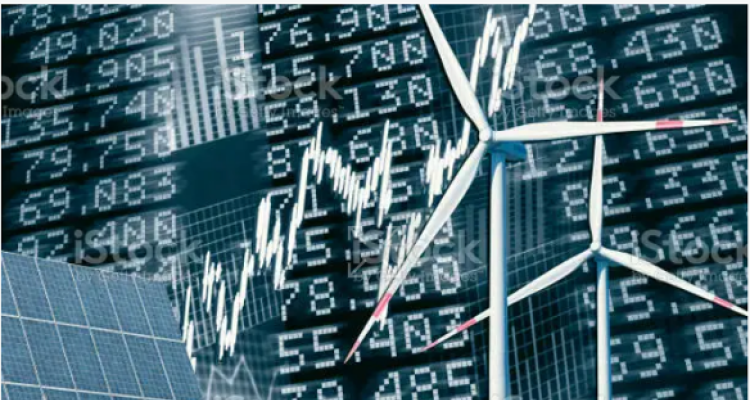
Thesis subject
Data-driven understanding of trading pattern and prices in energy markets (MSc)
Europe's energy sector is going through unprecedented challenges mainly caused by the shortage of natural gas imports and a needed shift towards green energy. Indeed, the world of energy as we used to know it will not be the same again. If not handled carefully, such challenges can have serious negative economic and societal impact (e.g., volatile prices). Energy markets are essential instruments to guarantee the balance between energy supply and demand in a technically feasible and economically efficient manner. In energy markets, trading by market participants takes place in multi-settlement markets, allowing to trade energy products with different temporal granularities. This is needed to satisfy diverse stakeholders requirements and accommodate the uncertainty in electricity consumption and generation, which is likely to increase in response to climate policies (e.g., large-scale integration of intermittent renewable energy sources).
Short description
Despite the importance of energy markets and the challenges they are facing, the trading behaviour of energy market participants in the Netherlands is not well understood. The objective of this thesis project is focused on using data-driven techniques, potentially powered by AI, to analyse and understand the trading behaviour of participants in energy markets, such as trading activity (time and location), energy prices development, market correlation with / impact of external events. A comprehensive data-driven understanding of trading behaviour in energy markets will play a key role in improving the functionality of energy markets under the energy transition.
Students doing their MSc thesis on this topic will have the opportunity to work with leading scientists and research institutes on energy markets, data science and AI as well as energy regulators as part of an international research project. Students will build on a solid research ground in this domain as this thesis will be a natural follow up of previous work on energy market research.
Objectives
- Build a data-driven model, potentially powered by AI, to analyse energy trading activity and price volatility in energy markets
- Evaluation of the important factors and events that influence energy trading activity or cause price volatility
Tasks
The work in this MSc thesis entails:
- Read literature on energy markets and literature on data-driven approaches for analysing/understanding trading activity in energy markets
- Assess the challenges and solutions available in the literature
- Design and implement a data-driven model, potentially powered by AI (machine learning or deep learning)
- ● Evaluate the effectiveness of the model in the Dutch energy market using actual data
Literature:
- Scharff, Richard, and Mikael Amelin. "Trading behaviour on the continuous intraday market Elbas." Energy Policy 88 (2016): 544-557. https://doi.org/10.1016/j.enpol.2015.10.045
- Uniejewski, B., Marcjasz, G., & Weron, R. (2019). Understanding intraday electricity markets : Variable selection and very short-term price forecasting using LASSO. International Journal of Forecasting, 35(4), 1533–1547. https://doi.org/10.1016/j.ijforecast.2019.02.001
- Ciarreta, Aitor, Peru Muniain, and Ainhoa Zarraga. "Modeling and forecasting realized volatility in German–Austrian continuous intraday electricity prices." Journal of Forecasting 36.6 (2017): 680-690. https://doi.org/10.1002/for.2463
Requirements:
- Courses: “Programming in Python” and “Big Data, Machine Learning or Deep Learning”
- Required skills/knowledge: data analytics/machine learning and willingness to learn new data-driven and AI tools, interest about energy markets and sustainable energy transition
Key words: Energy Markets, Data Analytics, Machine Learning, Statistics, Sustainable Energy Transition
Contact person(s)
Tarek Alskaif (tarek.alskaif@wur.nl)